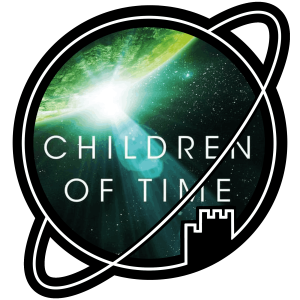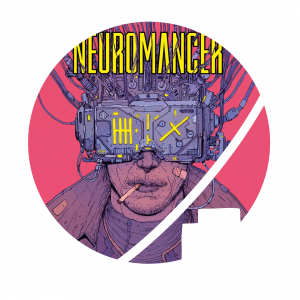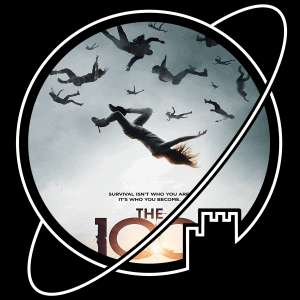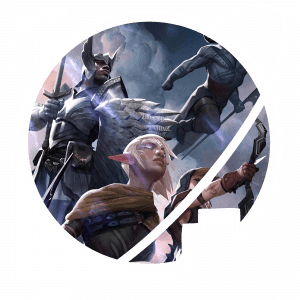- Novel of three short stories written by Walter M. Miller Jr.
- Published in October 1959
- Followed by Saint Leibowitz and the Wild Horse Woman
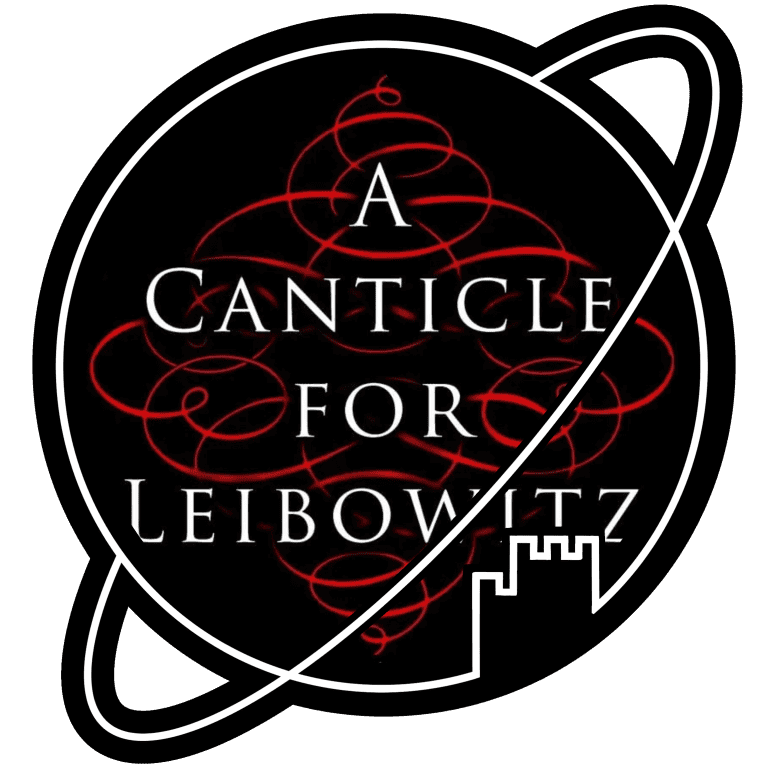

Listened to the audiobook with Tom Weiner – very well read.
I love reading old science fiction. When I am looking for a new book to listen to, I often go to Wikipedia’s list of winners of the Hugo Award for Best Novel and see if any of them are available on my audiobook app.
The title of the 1961 winner, A Canticle for Leibowitz, has always stuck with me, though I never bothered to click the link. When it appeared in the app, I dove in blind, loading it into the player straight away.
And I was treated to three great literary post-apocalyptic science fiction short stories! Each of the stories is set several centuries apart, following humanity in general and the abbey of Leibowitz in particular as they progress from pseudo-medieval through pseudo-renaissance into the nuclear age once again. Only when I finished the book did I find out that – as I might have known – they were not originally published together.
The narrative actually flows very well from one story through to the next. Because the story it told in three bursts, the pacing remains high. And while the cast shifts from one story to the next, Miller actually does a great job of limiting the number of different characters in each, allowing the different protagonists to come to life despite the relatively limited length of the story.
The stories are thoughtful, though never overly serious. The world is constructed very carefully through conversation and implication, never letting the world building weigh down the literary core of the story. Each of the three short stories has the right amount of depth and satisfying conclusion, never overstaying its welcome. While they are thematically coherent, I love that they each present a very different picture of the development of the society the abbey is in.
I feel like Miller could have easily written a book in each of those settings, but I actually love that he didn’t and left it at three short stories, a surface just scratched. Enough to be exciting, but not so much that it required detailed explanations or set up. In that sense, A Canticle for Leibowitz reminded me of the – otherwise completely different – Singing Hills Cycle of novellas.
A Canticle for Leibowitz has also withstood the test of time incredibly well. It has relevant themes and a literary style that doesn’t feel 60 years old. The only real reason one feels it could not have been written in the past ten years, is that the cyclical existential threat hanging over the story is not climate change but nuclear war.
Overall, I think A Canticle for Leibowitz deserves to be remembered, up there with the classics of the genre like Starship Troopers or Dune that won the Hugo in the same decade. It is a shame that it is not, but here I am recommending it to you – so go forth and spread the word!







